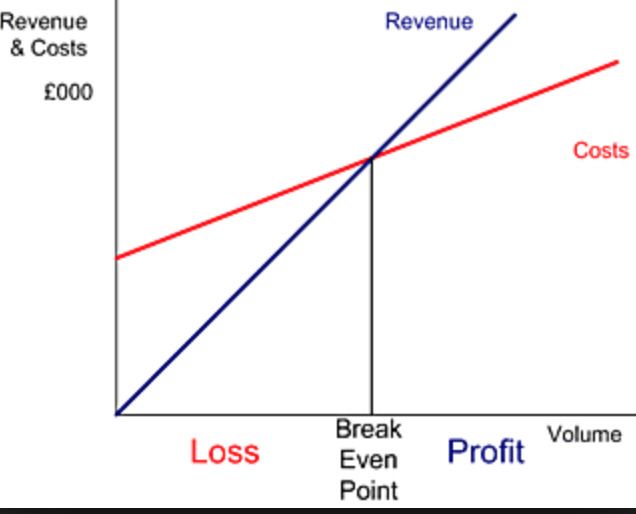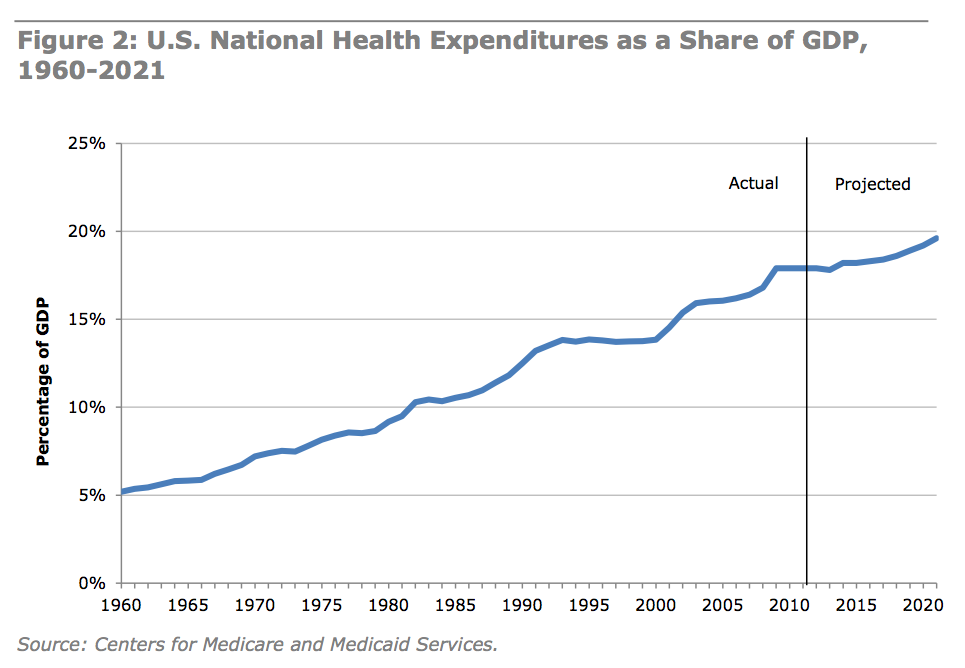An economic activity has one more of the following impacts
Wealth creation - for example, processes like extraction of oil, capturing solar energy and even repairing a broken device. Wealth transfer - for example, processes like selling a good, taxes and bribery/theft, though the last one is usually illegal. Wealth destruction - for example, processes like hurricanes, wars and riots. Most developing/underdeveloped countries usually lack sufficient wealth creation, but it does not stop there. They suffer a lot from man-made wealth destruction as well. Sometimes, they are obvious, as in the case of wars and riots. Sometimes, they are more subtle. For example, India loses 24% of electricity to transmission and distribution, as oppose to 6% in the USA. Or, for example, 30% of fruits and vegetable harvest is lost in India due to lack of proper storage. Tax, in principle, is a transfer of money to the government. Even if the government uses money inefficiently, it is still being used. While in the case of wealth destruction, the resources are simply lost leaving an overall poorer society.
...



